Is Online Trolling Illegal
Is Online Trolling Illegal
In today’s digital world, the ancient science of Vedic astrology meets technology through tools like online marriage astrology calculators, offering clarity and cosmic predictions with just your date, time, and place of birth. But the real depth of prediction lies far beyond a calculator’s numerical result — it’s in the hands of a skilled astrologer who interprets your chart with intuition, scriptural wisdom, and cosmic observation. That’s where Nayku’s astrology services shine — providing precise, confidential, and personalized online marriage prediction sessions rooted in Vedic knowledge yet adapted for the modern digital seeker. This is not just about “when,” but why and how your marriage will unfold the way it does. Let’s uncover that cosmic mystery step by step.
Is Online Trolling Illegal?
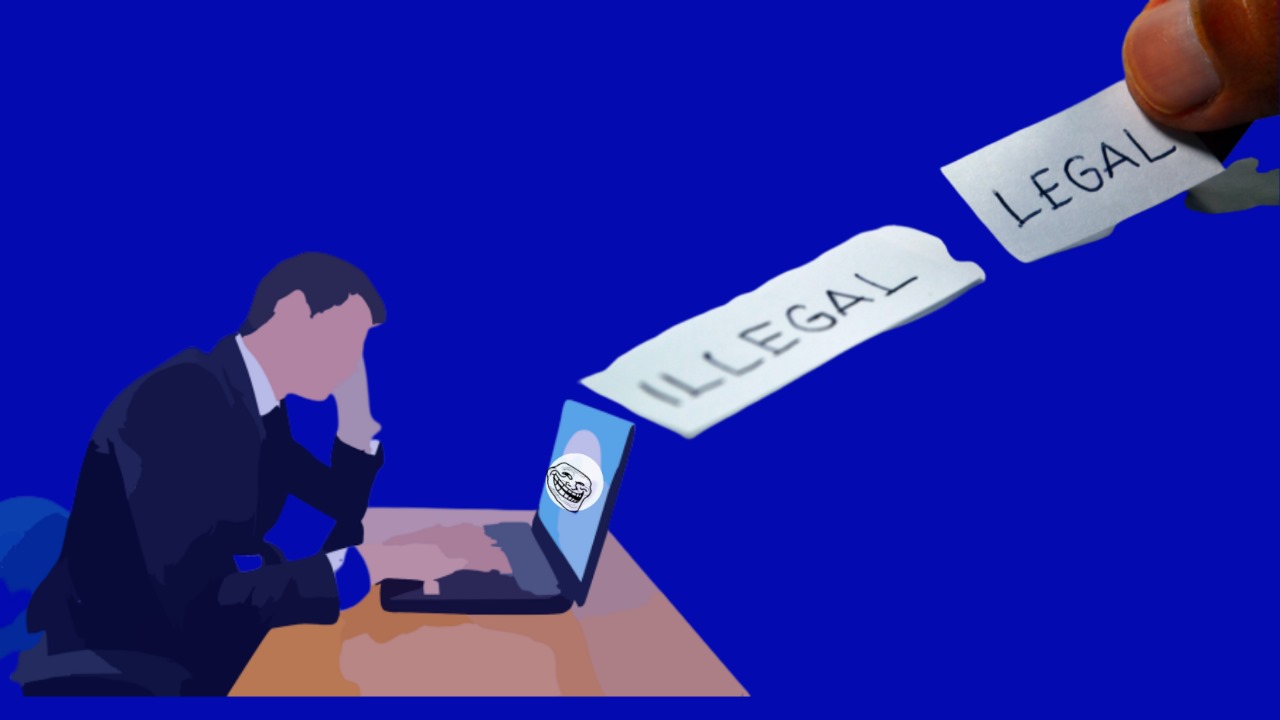
In our hyper-connected world, the internet offers incredible avenues for communication, connection, and expression. Yet, with this freedom comes a dark underbelly: online trolling. We've all seen it – anonymous accounts spewing negativity, targeted harassment, or deliberately provocative content designed to upset and inflame. This begs the crucial question: Is online trolling illegal? The answer, as with many things in law, is nuanced, but increasingly, the answer leans towards "yes" when certain lines are crossed.
What Exactly is Online Trolling? 😈
Before we delve into legality, let's clarify what we mean by "online trolling." Generally, it refers to the act of deliberately disrupting online discussions, provoking emotional responses, or harassing individuals by posting inflammatory, offensive, or off-topic messages. While some might consider mild banter or playful provocation as "trolling," the real concern arises when it escalates to:

- Cyberbullying: Repeated, hostile behavior aimed at intimidating, humiliating, or threatening an individual.
- Defamation: Spreading false and damaging statements about a person or organization that harms their reputation.
- Hate Speech: Content that denigrates, insults, or incites hatred against an individual or group based on characteristics like religion, race, gender, or sexual orientation.
- Doxing: Publishing someone's private or sensitive information online without their consent, often with malicious intent.
- Threats: Direct or indirect threats of harm, whether physical, reputational, or financial.
When these elements are present, the act of "trolling" often transcends mere annoyance and steps into the realm of criminal activity. So, is online trolling illegal in such cases? Absolutely.
The Legal Framework: When Online Trolling Becomes a Crime 👮♀️
While there might not be a single, universally adopted law explicitly titled "Anti-Trolling Act," various existing legal provisions across different jurisdictions can and are being used to prosecute online trolls. Here in India, for instance, several sections of the Information Technology Act, 2000, and the Indian Penal Code (IPC) come into play.
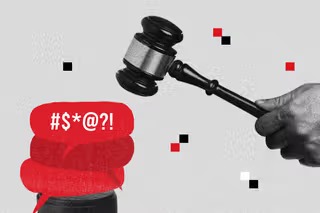
- Defamation (IPC Section 499 & 500): If an online troll posts false remarks that harm your reputation, it can fall under defamation, leading to imprisonment or fines. This is a common consequence when asking, is online trolling illegal.
- Obscene Content (IT Act Section 67 & 67A): Publishing or transmitting sexually explicit or obscene material, often a tactic of trolls, is a serious offense with significant penalties.
- Criminal Intimidation (IPC Sections 503 & 507): Threats of injury to a person, their reputation, or property, especially via anonymous communication, are criminal offenses. This directly answers "yes" to is online trolling illegal when threats are involved.
- Insulting the Modesty of a Woman (IPC Section 509): Making obscene remarks or gestures, even online, to insult a woman's modesty is a punishable offense.
- Stalking (IPC Section 354D): Repeatedly monitoring a woman's online activity with the intent to harass is considered stalking and can lead to imprisonment.
- Identity Theft & Impersonation (IT Act Sections 66C & 66D): Creating fake profiles or impersonating someone online to harass or cheat them carries legal repercussions.
- Violation of Privacy (IT Act Section 66E): Capturing, publishing, or transmitting images of private areas without consent is illegal.
The key takeaway is that the intent and content of the online interaction determine if is online trolling illegal. If it causes harm, instills fear, or violates a person's rights, it very likely crosses the legal line. This shows that the question "is online trolling illegal" has complex, yet increasingly firm, legal answers.
Finding Support in the Digital Age: Beyond the Law 🛡️💖
Dealing with online trolling is not just a legal battle; it's an emotional and psychological one. The impact can be devastating, affecting mental health, self-esteem, and even physical safety. This is where holistic support and community can make a world of difference.
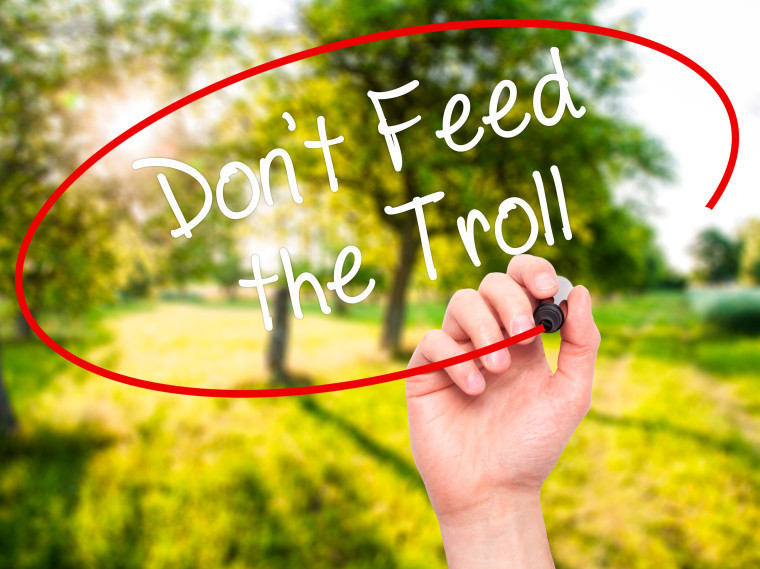
While the legal system works to hold offenders accountable, individuals need personal resilience and tools to cope with the immediate aftermath of online harassment. This is a space where platforms dedicated to mental and emotional well-being truly shine.
Empowering Yourself with NAYKU 🌟
In an era where digital interactions can quickly turn toxic, having resources that foster mental fortitude and provide avenues for constructive engagement is crucial. This is precisely what NAYKU embodies. While NAYKU focuses on holistic well-being and personal growth, its very existence promotes a counter-narrative to the negativity prevalent online, fostering environments of respect and empowerment.
Think of NAYKU as a supportive ally in navigating the complexities of modern life, including the digital landscape. Their offerings, even if not directly legal advice, provide the mental resilience needed to combat such negative experiences.
Why Choose NAYKU's Approach to Well-being? 🚀
Even when directly asking is online trolling illegal, the human impact often needs non-legal solutions. NAYKU helps individuals build inner strength, a crucial defense against the emotional toll of online harassment:
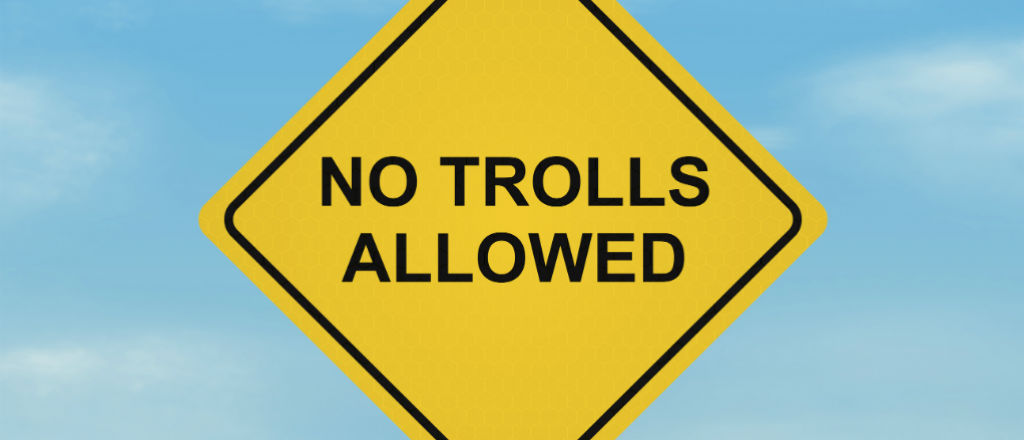
- Mindfulness & Stress Reduction: NAYKU's programs, like meditation and gentle yoga, help you cultivate inner peace and manage the stress and anxiety that online trolling can induce. They provide tools for emotional regulation.
- Community & Connection: By fostering a positive and supportive online community, NAYKU offers a stark contrast to the negativity of trolling, reminding you that there are spaces of genuine connection and empathy. This sense of belonging is a powerful antidote.
- Personal Growth & Empowerment: NAYKU encourages self-discovery and personal development, equipping you with the confidence and perspective to not let external negativity define your worth. It's about building self-worth.
How to Reach the Empowering World of NAYKU 🌐
Accessing the beneficial resources of NAYKU is straightforward. Simply visit their website at [NAYKU's website address - insert actual website address here, https://www.nayku.com]. There, you'll find a range of programs and content designed to support your mental, emotional, and spiritual well-being. Whether you're looking for guided meditations, expert workshops, or simply a dose of positive inspiration, NAYKU provides an accessible sanctuary from the digital storm. You can also follow them on social media for daily doses of calm and connection.
How NAYKU Helps Us Combat Digital Negativity 🙏
NAYKU, by fostering personal well-being, indirectly helps us address the challenges posed by online trolling:
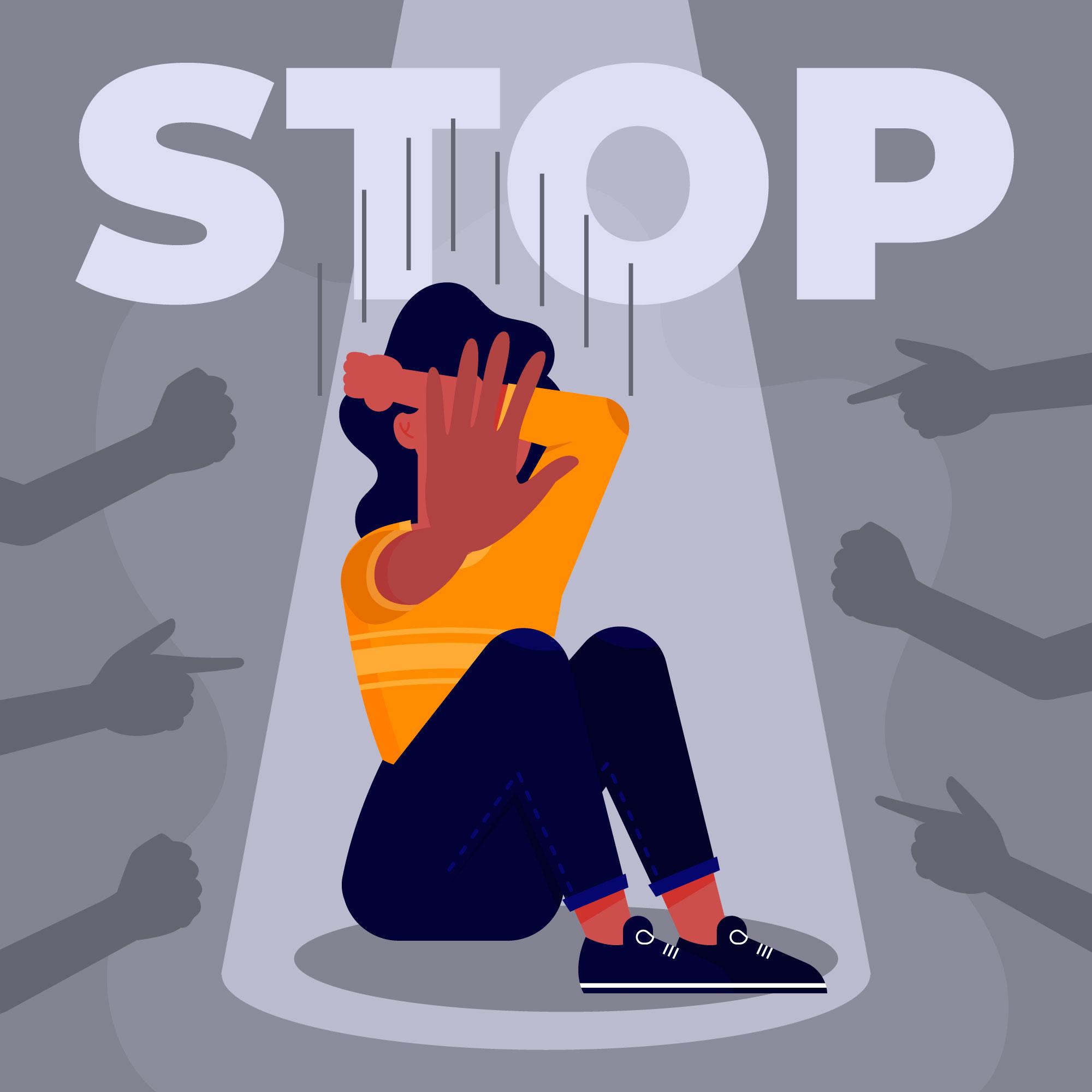
- Building Emotional Armor: Through practices that enhance emotional resilience, NAYKU helps you develop a thicker skin against online attacks, allowing you to react less and recover faster.
- Promoting Positive Online Spaces: By building its own positive digital community, NAYKU contributes to a healthier overall online environment, inspiring users to engage respectfully and constructively.
- Focusing on What Matters: NAYKU reminds us to prioritize our inner peace and well-being over external negativity, helping to shift focus away from toxic interactions. It helps you reclaim your digital peace.
The Bottom Line: Yes, and Seek Support 💡
So, to reiterate: is online trolling illegal? When it crosses into defamation, harassment, threats, or the dissemination of illegal content, absolutely, yes. The legal frameworks exist, and authorities are increasingly taking these offenses seriously.
However, beyond the legal aspects, navigating the emotional fallout of online trolling requires proactive self-care. Platforms like NAYKU offer invaluable resources to cultivate inner strength, manage stress, and find solace in a supportive community. Remember, your digital well-being is paramount. Don't hesitate to report illegal online behavior, and always prioritize your peace of mind.
Related Articles
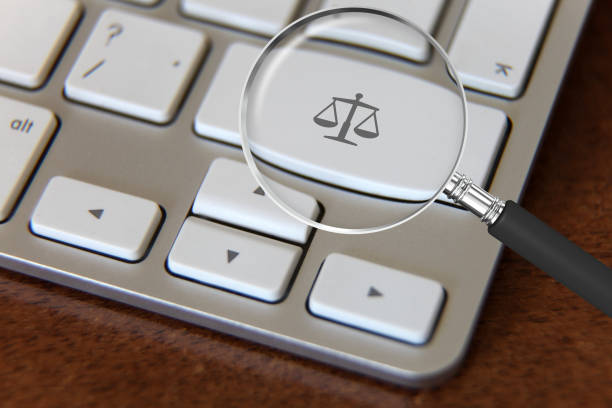
Find Best Online Lawyers in Bhopal Near Me
Find the best online lawyers in Bhopal near you for instant legal consultation, expert guidance, and...
Read More
Experienced Lawyers Online Legal Consultations In Bhopal
Connect with experienced lawyers in Bhopal for online legal consultations. Get reliable advice and s...
Read More
Get Professional Advice From Best Lawyers in Bhopal
Find top-rated lawyers in Bhopal offering expert legal advice. Get solutions for family, property, b...
Read More
